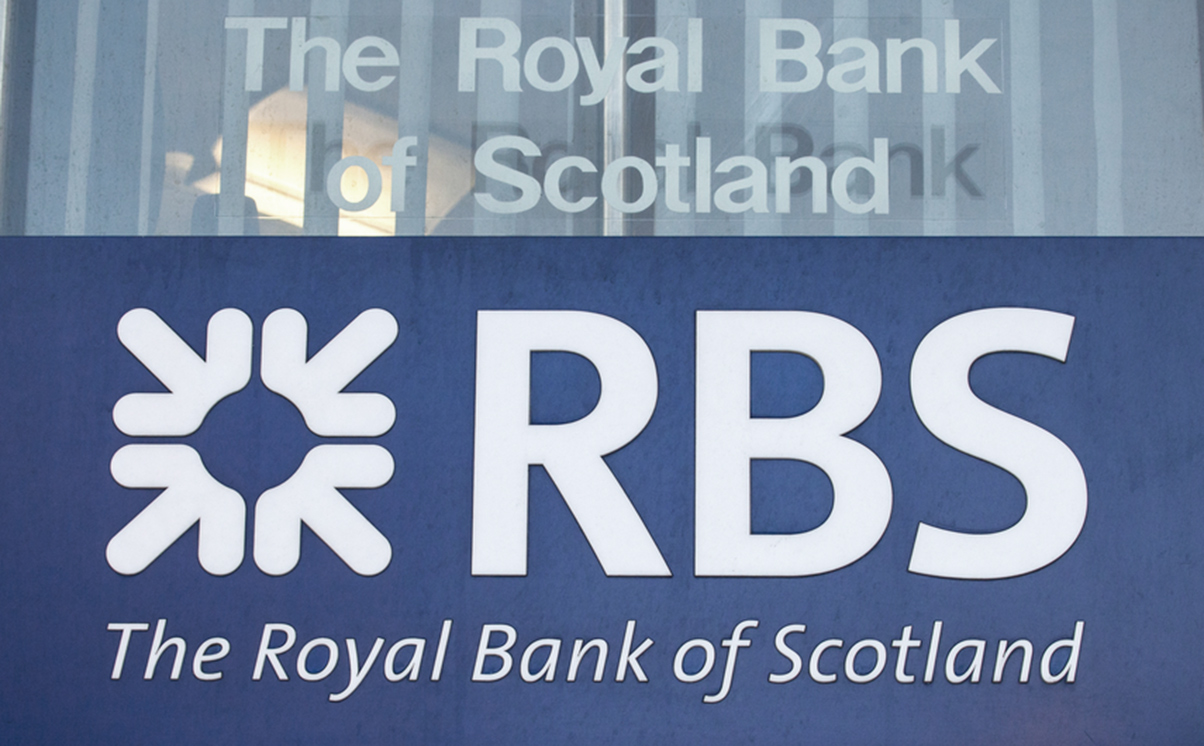(read time: 6 mins)
Elaina Bailes, a senior associate in our Commercial Litigation team, covers four key questions relevant to legal privilege and securities litigation in England and Wales, with practical tips on how to make best use of the privilege regime.
The first an investor may hear about damaging wrongdoing within a company is when it is publicly revealed and the share price plummets. But usually the company itself will have become aware of allegations for some time, whether via a whistleblower or regulator probe. The paper trail created internally in gathering factual information for the company to seek its own legal advice can often become crucial in a later shareholder action, and the English disclosure and privilege regimes may allow claimants wider access to these documents than in other jurisdictions. On the flip side, claimants need to be wary of properly protecting the documents that they create in litigation from other parties.
Summary of the law on privilege in England and Wales
There are two main types of privilege:
- Legal advice privilege (LAP): this applies to confidential communications between lawyers and their clients made for the purpose of seeking or giving legal advice.
- Litigation privilege (LP): this applies to communications between clients/lawyers and third parties that have been produced for the dominant purpose of obtaining advice/evidence/information in relation to litigation, where:
-
-
- Litigation was “reasonably in prospect”, and
- The contemplated real likelihood of litigation was the sole or dominant purpose of the communications.
-
Whether either type of privilege covers a document will depend on the specific facts. The court will look at the content of the document, the purpose for which it was created, who it was created by and who it was provided to in order to establish whether the requirements of the tests are met.
In addition, there is a third type of privilege recognised in English law called “common interest privilege”. This applies to documents voluntarily disclosed to third parties who have a common interest in the subject matter of the document, or in litigation in connection with which the document was created.
Q1. When bringing an action against a large corporate, will a shareholder be able to obtain disclosure of potentially revealing documents in internal investigations?
When an organisation seeks legal advice, they will generally do so by tasking certain employees to engage with in-house or external lawyers. English law limits the “client” to those who are authorised to seek and receive legal advice on behalf of a client corporation. Importantly, authority to provide information to lawyers is not sufficient for these purposes.
The practical impact of this on an organisation when conducting an internal investigation, or responding to questions by regulators, is that factual information provided to lawyers (such as through interviewing employees) will likely not be covered by LAP. Potentially damaging information provided by employees may be disclosable in litigation. When bringing a securities action on behalf of shareholders, opponents should be probed about the circumstances in which communications in an investigation were provided.
Whilst there has been much debate as to whether this definition is fit for the modern world, its applicability has been confirmed in two recent cases: SFO v ENRC [2018] EWCA Civ 2006 and The RBS Rights Issue Litigation [2016] EWHC 3161 (Ch). In the latter case, Stewarts acted for the shareholder claimants and successfully challenged RBS’s claim to privilege over notes of interviews with employees.
Q2. At what point will an organisation be able to claim litigation privilege as a basis to refuse to provide documents to claimants?
The wider protection of LP, which encompasses communications with third parties, is a useful tool for businesses and their lawyers to fully establish the facts without the risk of creating documents that will later be used against them. However, it is important to note that LP will usually not apply in regulatory investigations and documents created will be disclosable.
The question of whether litigation was “reasonably in prospect” depends on the facts of a particular case but has recently been clarified in SFO v ENRC. This case concerned documents created in an internal investigation into alleged criminal wrongdoing.
In this case, the Court of Appeal overturned a controversial first-instance decision, which had held that LP could not apply until the defendant knows full details of what is likely to be discovered or a decision to prosecute has been taken. The Court of Appeal held that a party will need to investigate further before it can say with certainty if litigation is likely; that uncertainty does not mean proceedings are not in reasonable contemplation.
The impact of this recent decision is helpful to those advising at the early stage of investigations, especially if the initial tip-off is speculative. It is also helpful to those advising shareholders, as the bringing forward of the protection should encourage businesses to fully investigate and engage with regulators/prosecutors. This should lead to wrongdoing being uncovered and rights of redress for victims.
Q3. If a party is based in another jurisdiction, when determining questions of privilege, will the English courts apply the law of the jurisdiction where the documents were created?
Where businesses operate globally, documents will be created in many jurisdictions by local lawyers who will likely have considered their own legal principles on privilege. However, in proceedings in England and Wales, unless there are exceptional circumstances, the court will apply the English law on privilege. This consideration can be crucial where the protection of privilege is wider in the foreign jurisdiction in which documents were created.
Shareholders should seek local advice as to the rules on privilege and disclosure in the jurisdiction in which they intend to bring a claim. They can then make a tactical decision about the best jurisdiction in which to commence proceedings. The English laws on privilege and disclosure may assist a party obtaining documents that they would not have access to elsewhere.
Q4: When a shareholder decides to participate in a group action, which of its document will be protected by privilege in the proceedings?
When parties decide to engage legal advisors as a part of a group of claimants, it is common for agreements to be drawn up governing the client/attorney relationship, and the relationship between the claimants, the funders and any after the event insurers. There is usually a need to share information between claimants, both in terms of the legal advice that may have been given to one or more claimants and factual information belonging to each claimant that is relevant to the claim.
In general, such material should be covered by either litigation privilege or common interest privilege. Care should be given to ensure that such documents are only created at a time when litigation is reasonably in prospect and that the documents are created for the sole and dominant purpose of the litigation, rather than, for example, to assist internal decision-making. The position under English law is more protective of privilege in such circumstances than in most civil jurisdictions, where generally documents created and held by a funder are not protected by privilege.
At the other end of the litigation, when a settlement is on the table, claimants should take care when creating internal documents discussing commercial proposals, as these will not necessarily be covered by privilege. The recent case of (1) WH Holding Ltd (2) West Ham United Football Club Ltd v E20 Stadium LLP [2018] EWCA Civ 2652 held that emails between board members and stakeholders discussing settlement terms were not privileged because they were not created for the dominant purpose of obtaining information or advice in connection with existing or contemplated litigation.
The above questions illustrate that questions of privilege and disclosure can be knotty. Potential claimants should always seek specialist advice from lawyers experienced in securities litigation claims to ensure that they can use the regime to their best advantage.
You can find further information regarding our expertise, experience and team on our Securities Litigation pages.
If you require assistance from our team, please contact us or alternatively request a call back from one of our lawyers by submitting this form.
Subscribe – In order to receive our news straight to your inbox, subscribe here. Our newsletters are sent no more than once a month.







